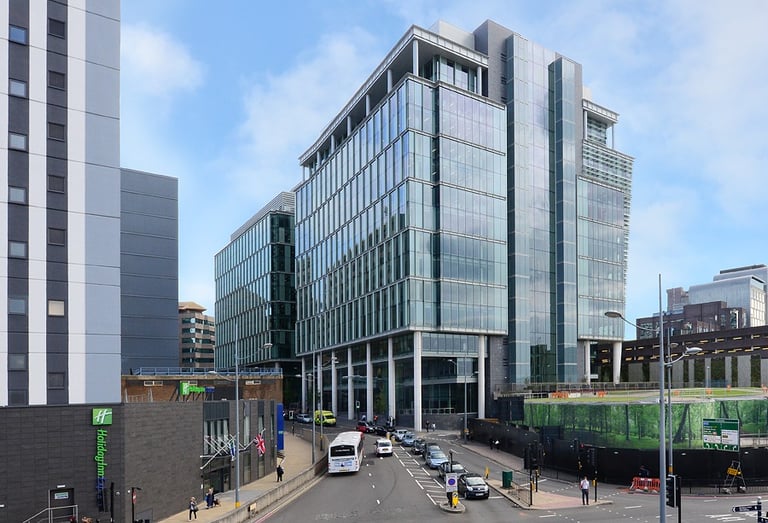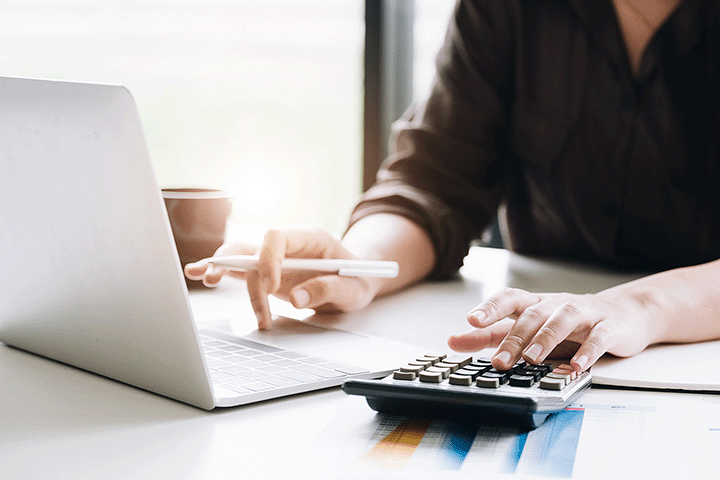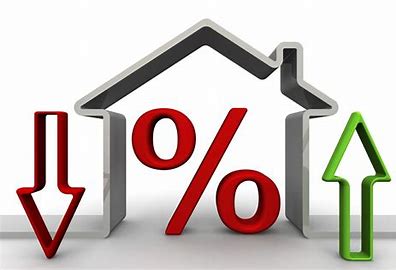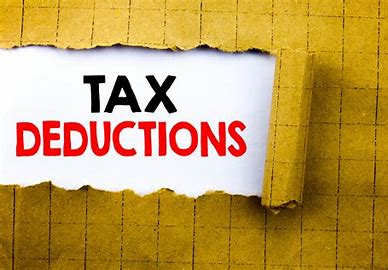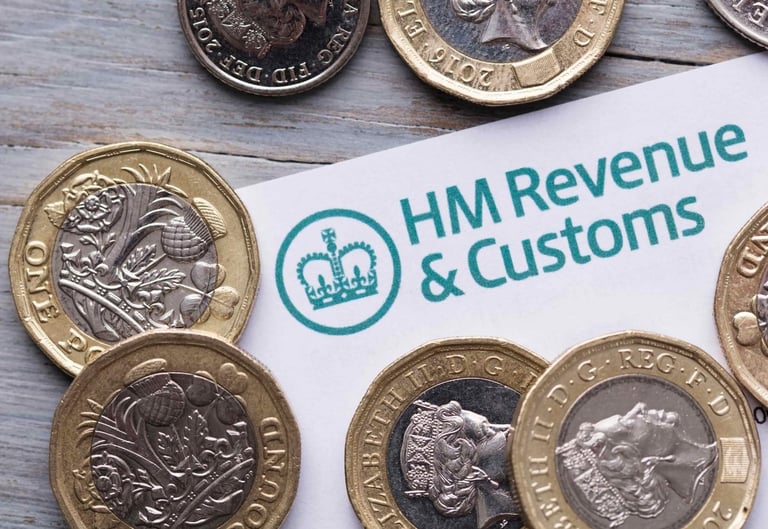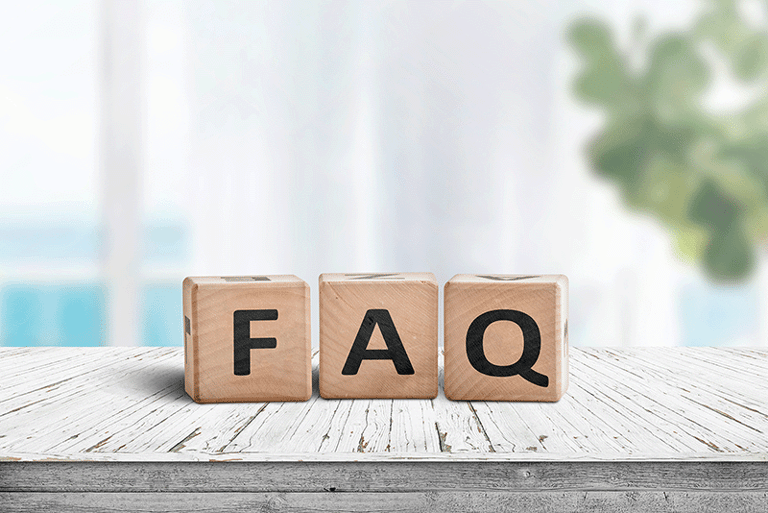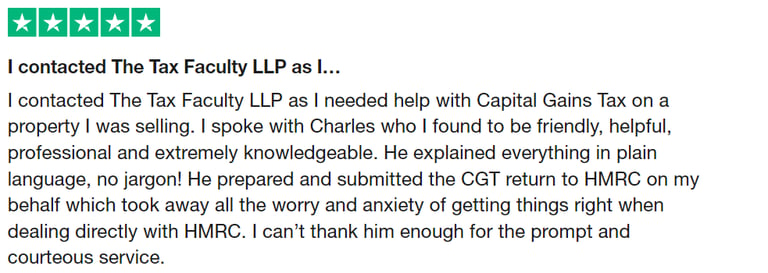Call: 0800 0016 878 - Email: info@capitalgainstax.co.uk
Commercial property ownership can be a lucrative investment, but understanding how Capital Gains Tax (CGT) applies when selling or transferring such properties is essential. Whether you own an office, retail unit, warehouse, or industrial space, the CGT implications can significantly affect your profit.
This guide will walk you through everything you need to know about CGT on commercial property in the UK, including taxable events, applicable rates, reporting requirements, and strategies to reduce your liability while staying compliant with HMRC regulations.
Managing CGT on commercial property requires careful planning and a thorough understanding of the rules. Contact The Tax Faculty today for expert advice tailored to your unique circumstances.
Please feel free to contact us on info@capitalgainstax.co.uk or call us free on 0800 0016 878 for a free initial consultation.
You can also complete the form below and a member of our team will get back to you as soon as possible.
Get in touch
Tax Troubles? We're here to help
We can solve your Capital Gains Tax problems, with ex-senior expert HMRC inspectors here to help to take the stress away from your tax worries.
We do everything for you, including filing returns and giving advice that may help to reduce the amount of tax that you owe.
Our guarantee to you - You will pay the lowest amount of tax possible, while complying with the law.
Contact us free on 0800 0016 878, email info@capitalgainstax.co.uk or fill in our handy form and on of our experts will get back to you as soon as possible.
Phone

